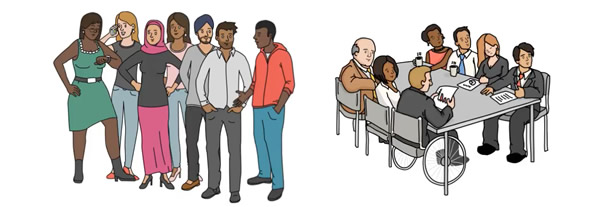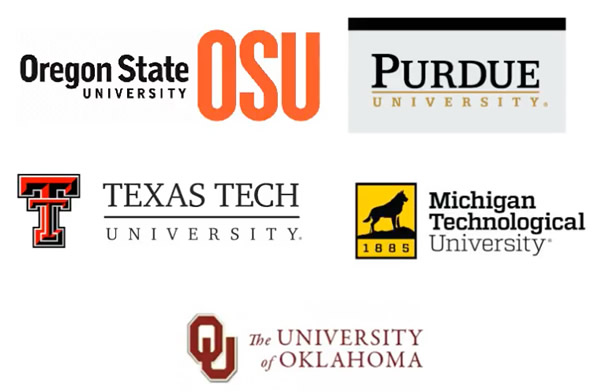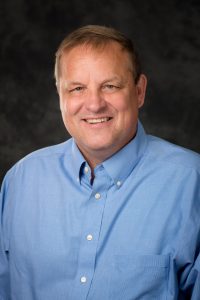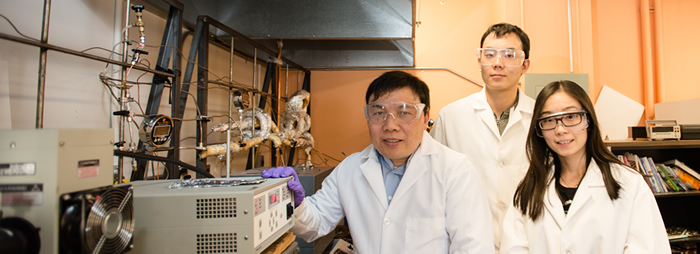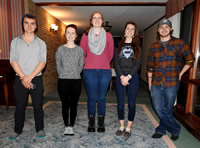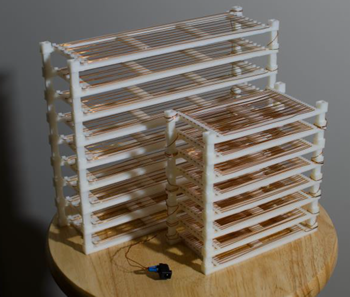Michigan Tech faculty, staff and students received awards tallying $73,675 in funding through the Michigan Space Grant Consortium (MSGC), sponsored by NASA for the 2018-19 funding cycle.
Engineering undergraduates receiving $2,500 research fellowships:
- Alex Oliver (BME): “Evaluating Biodegradeable Zinc Stent Materials,” with Jeremy Goldman
- Katie Bristol (Applied Geophysics): “Investigation of the Solar Nebula’s Magnetic Field Strength from the Allende Meteorite Chondrules,” with Aleksey Smirnov
Engineering graduate Students receiving $5,000 research fellowships:
- Erica Coscarelli (CEE): “Reaction Mechanisms for the Degradation of Trace Organic Contaminants through Advanced Oxidation Processes,” with Daisuke Minakata
- Sanna Mairet (GME): “Investigating the Relationship between Volcanic Sulfur Dioxide Concentrations and Human Population and Land Use Changes through Geographic Visualization,” with Simon Carn
- Brandi Petryk (GME): “The Origin of an Archean Batholith – Michigan’s Upper Peninsula,” with Chad Deering
- Emily Shaw (CEE): “Mapping the Co-Distribution of Mercury and Polychlorinated Biphenyls (PCBs) in Michigan’s Upper Peninsula Lakes,” with Noel Urban
Engineering faculty and staff members receiving $5,000 or more for pre-college, public outreach, teacher training, faculty seed and/or augmentation programs include:
- Joan Chadde (CEE): “STEM Career Explorations for Detroit High School Students” (includes augmentation) Pre-college program
- Brian Doughty (CEE): “Technology and Outdoor Learning” Pre-college program
- Adrienne Minerick (COE): “Microfluidic Dynamic Cell Concentration Tuner for Medical Diagnostics” Faculty Seed Program
NASA implemented the National Space Grant College and Fellowship Program in 1989 to provide funding for research, education and public outreach in space-related science and technology. The program has 52 university-based consortia in the United States and Puerto Rico.
As an affiliate of the Michigan Consortium, Michigan Tech has been an active participant in MSGC for approximately 20 years. MSGC funding is administered through MTU’s Pavlis Honors College. For more information, contact Paige Hackney in the Pavlis Honors College, call 7-4371, or visit the MSGC website.
Original story by Pavlis Honors College.

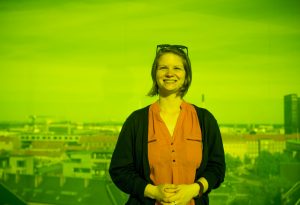
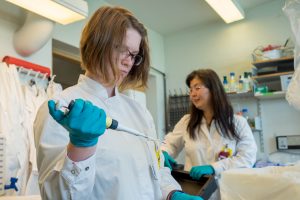
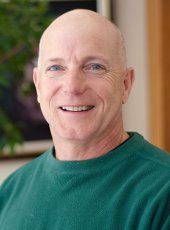
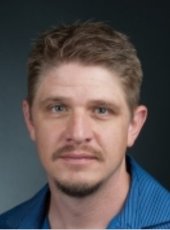
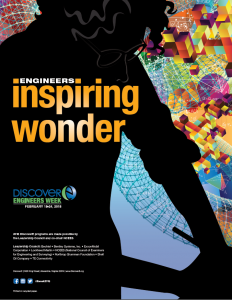
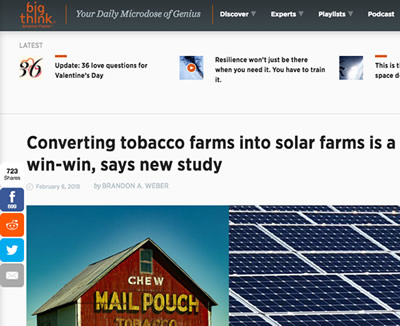 Research by Electrical Engineering alumnus Ram Krishnan ‘16 and Joshua Pearce (MSE/ECE) on converting tobacco farms to solar photovoltaic farms was covered widely in the media including;
Research by Electrical Engineering alumnus Ram Krishnan ‘16 and Joshua Pearce (MSE/ECE) on converting tobacco farms to solar photovoltaic farms was covered widely in the media including; 